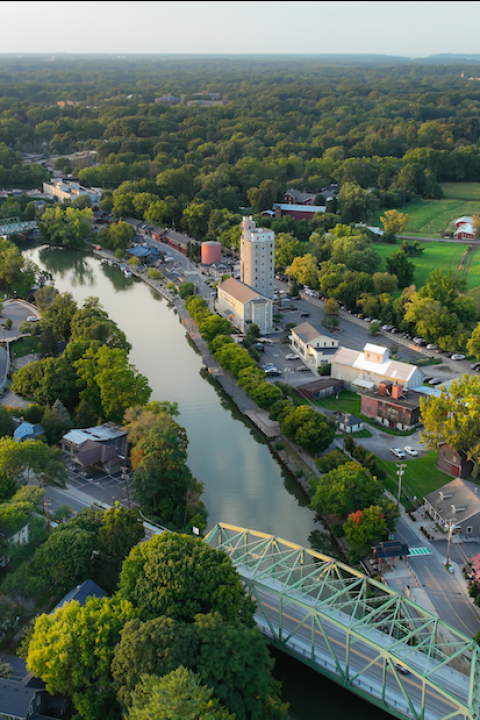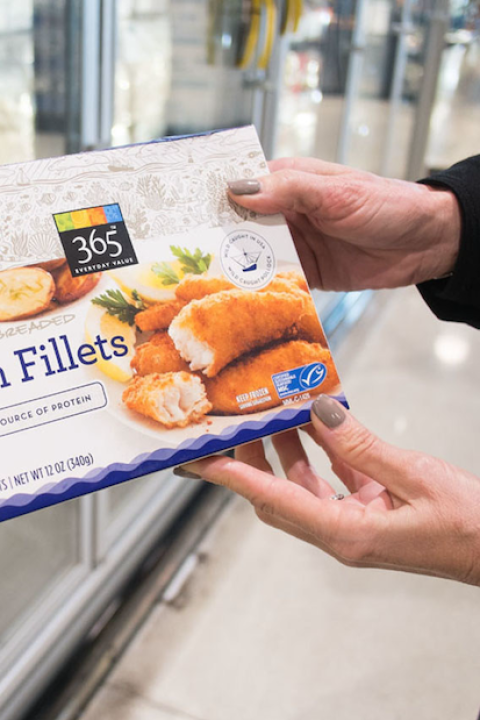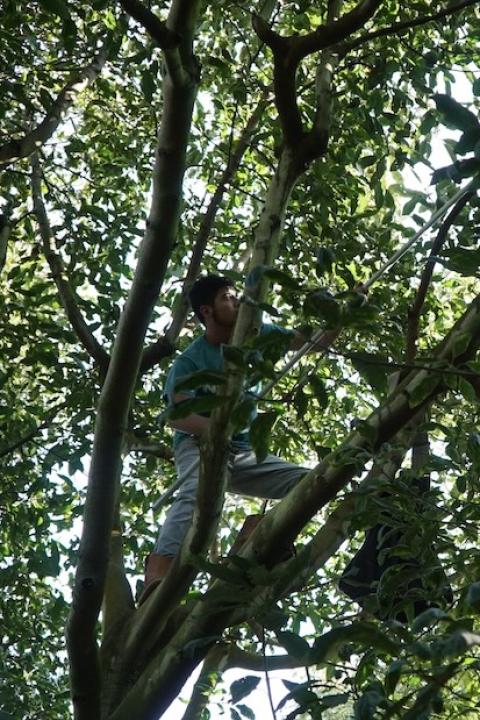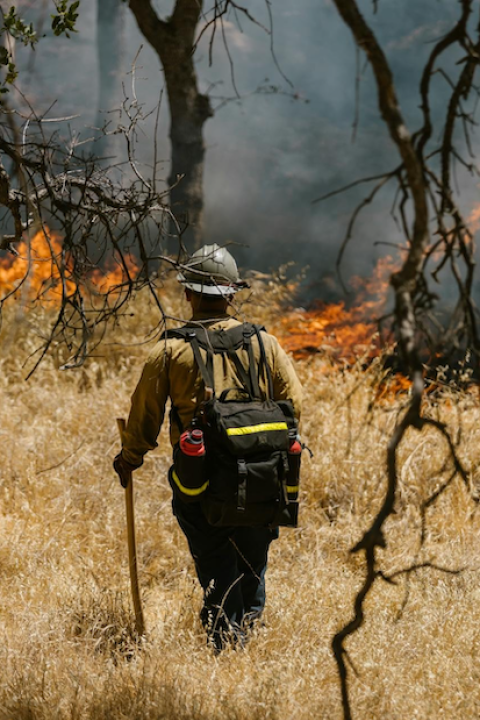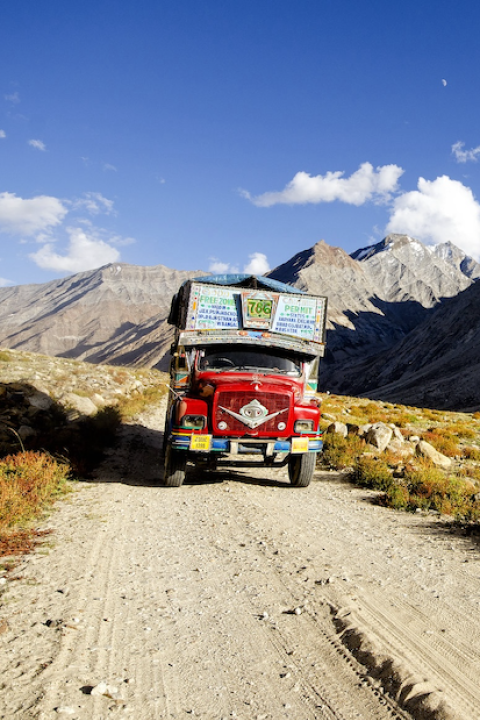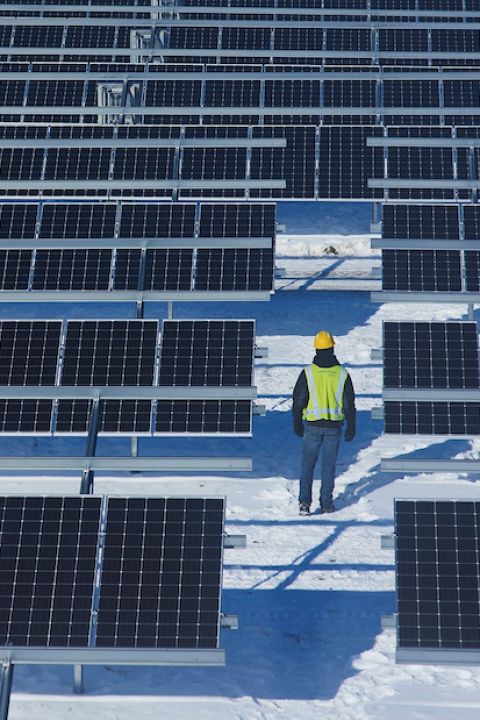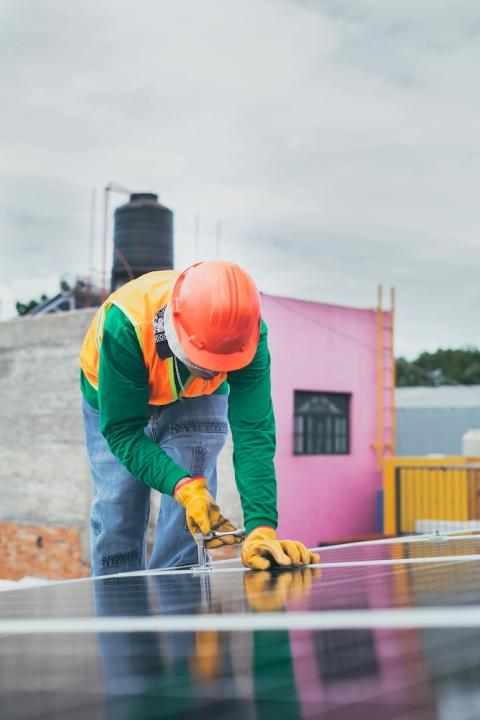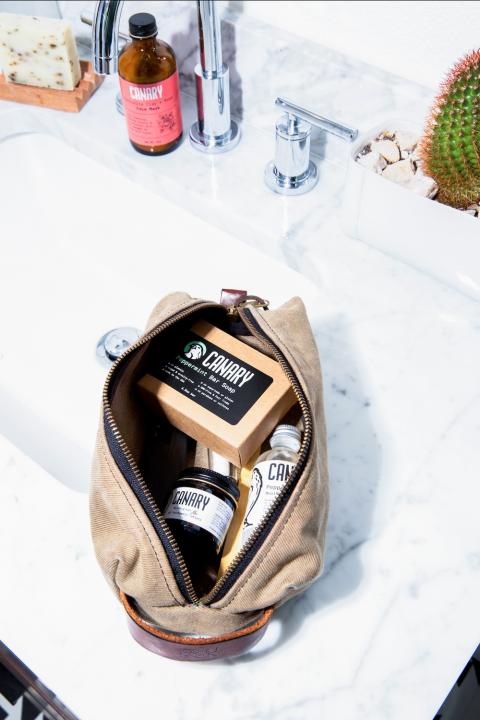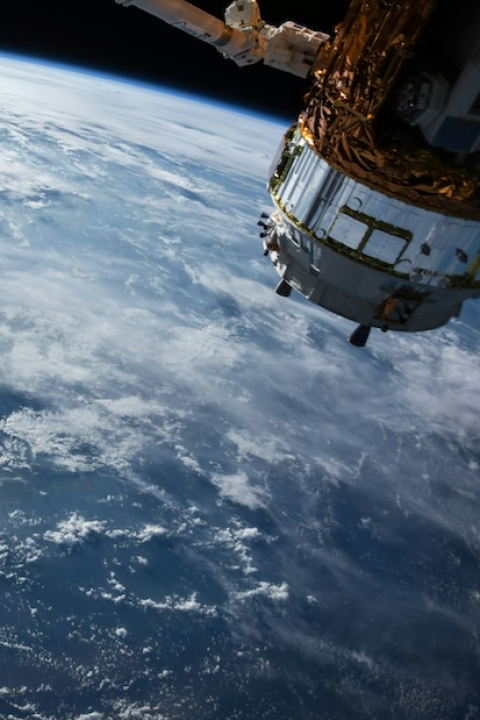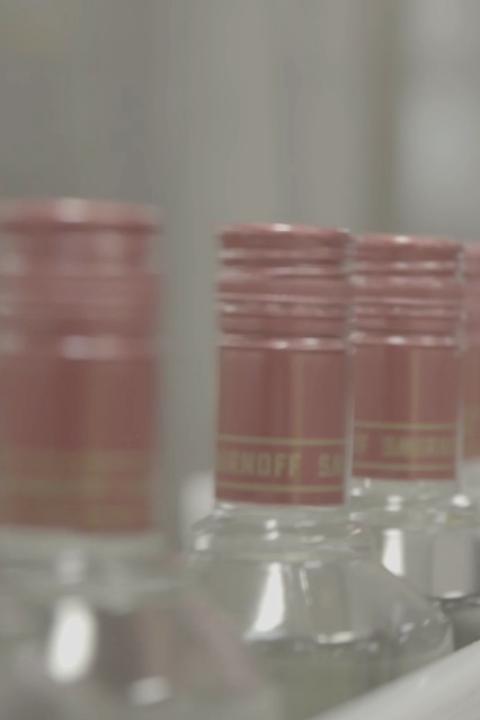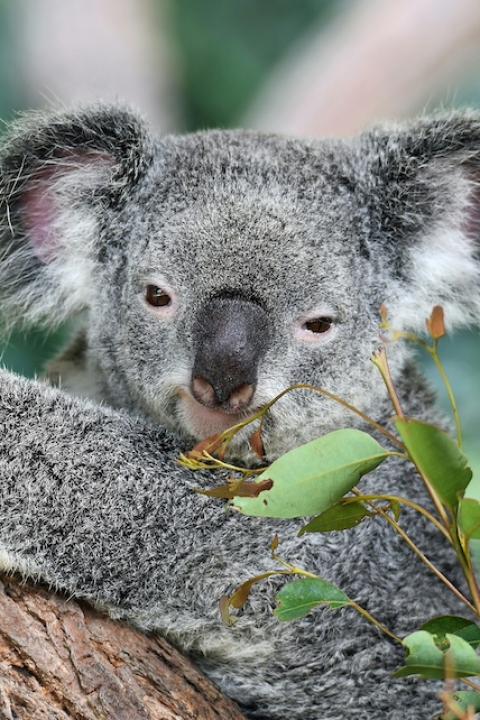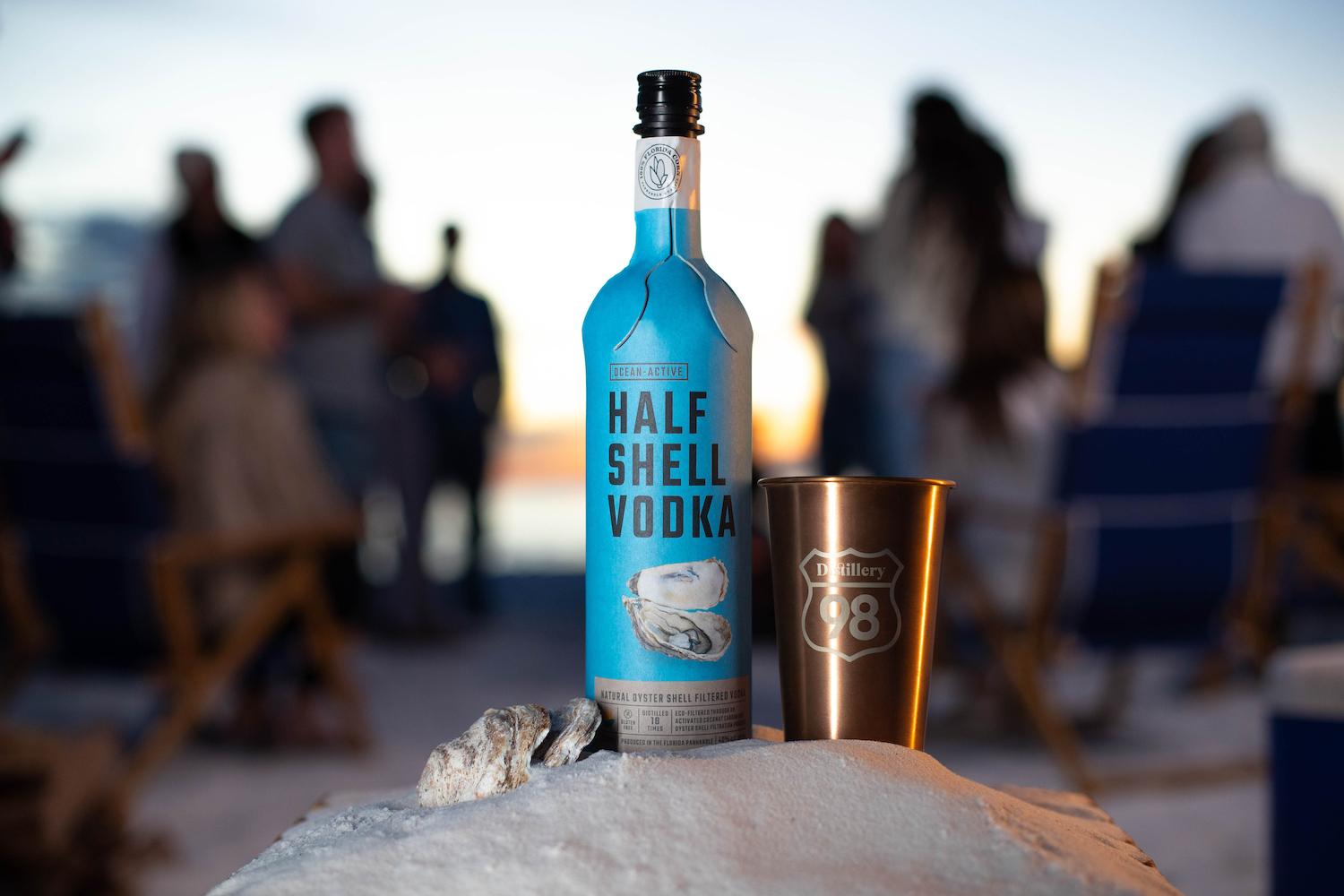
Who doesn’t love an excuse for an espresso martini, Moscow mule or cosmopolitan? Luckily you can have your sustainable cocktail and drink it, too. In the sun-drenched stretches of the Florida panhandle, Distillery 98 produces small-batch vodka with a healthy pour of environmental responsibility.
Co-founders Harrison Holditch and David Kapitanoff pride themselves on using local ingredients and minimizing their environmental impact. “It was just a hobby turned into a profession,” Holditch told TriplePundit. “It’s kind of a long road that took us here, but this is definitely where we belong. The goal is not only to provide a great-tasting vodka, but to do that sustainably.”
As it turns out, they may be onto something.
The footprint of the vodka industry
At first glance, vodka — which is typically made from grains or vegetables — appears to have a low carbon footprint. While that’s true for a single bottle, the footprint of America’s annual vodka consumption is large, equivalent to burning 2.74 billion to 2.96 billion pounds of coal. Most of that carbon footprint comes from manufacturing glass bottles and the energy-intensive distillation process.
Distilleries also produce a lot of wastewater, 12 times more than they do alcohol, according to a 2020 study. Unfortunately, this waste is difficult to dispose of since it’s highly acidic and contains a lot of organic matter.
The makings of sustainable vodka
Distillery 98 is tackling these challenges head-on. “Our new cardboard bottles have six times less of a carbon footprint than a glass bottle,” Holditch said as an example. “A lot of glass right now is coming from India and China. Not only is the carbon footprint massive when it comes to manufacturing these bottles, but shipping them over here adds to that. That’s a big reason we switched to our paper bottle.”
Distillery 98's recycled paperboard bottles by Frugalpac are lighter than glass and decompose much faster than their glass or plastic counterparts. That’s a good thing since glass breaks down extremely slowly — archaeologists found glass artifacts dating from 1500 B.C., for instance.
“We’re the first spirits in the U.S. with this Frugal bottle,” Holditch said. “But I don’t see that lasting much longer. I think it’s a game-changer for our industry.” Other spirits labels, including Johnnie Walker, have also tried out paper bottles made by other manufacturers.
But the distillery didn’t stop at bottles. It uses sustainable swaps for other vital materials and processes, too. Carbon filters, for example, are necessary to remove impurities but are commonly made of wood or coal. Distillery 98 uses coconut carbon filters instead, a renewable, more environment-friendly option. Temperature control is another important part of the procedure, for which water is typically used to cool equipment. Distillery 98 uses renewable, geothermal energy.
Vodka-making at Distillery 98 is also a local affair: The company uses locally-sourced corn for its vodka and donates the spent grain back to Florida farms as livestock feed. The vodka is filtered through Gulf Coast oyster shells to lower the acidity and give it a smoother taste. And in the tasting room, one bartender makes pecan liqueur on his own farm and blends it into his espresso martinis — a great excuse for one if I ever heard it.
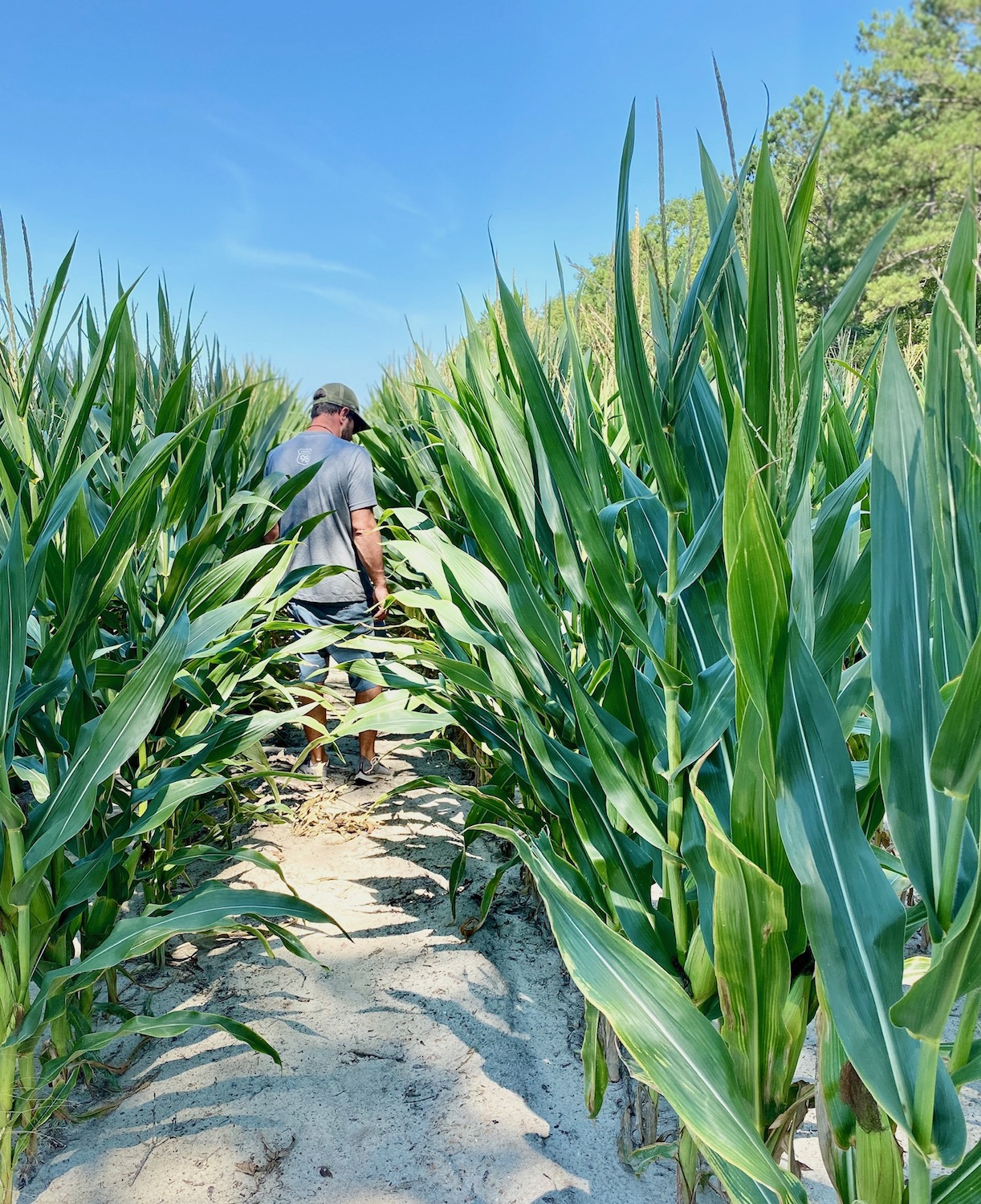
The distillery also sponsors recycling days and cleanup days on the dune lakes in its home base of Santa Rosa Beach and surrounding communities in the Florida Panhandle.
Encouraged by the progress to date, the company plans to expand its sustainable practices. “We’re looking to upgrade our equipment at the distillery,” Holditch said. “Some of the things we’re talking about is bringing in a [desalination] machine. We’re going to treat the water before it goes in our stills and then clean it and continue to use it all in-house. We’re working on getting everything run by solar panels, as well. Now that we’re upgrading, we can really focus on building a green system from ground zero.”
The future of vodka is green
All this laborious effort is worth it. The global vodka industry was valued at over $42 billion last year and is expected to grow to $56 billion by 2027, according to data analysis company Statista. Americans have been steadily sipping more of it over the last two decades, especially flavored vodkas.
Sustainable brands may be poised to take a larger slice of this vodka pie. Consumers, particularly Gen Zers, prefer to buy from sustainable brands. They’re also willing to pay more for products that are environmentally-friendly, prioritizing this over brand name. Young people’s focus on sustainability extends to investing as well, with the majority of them planning on, or already engaged in, socially responsible and impact investments.
A cadre of sustainable distilleries
Distillery 98 joins a growing group of spirits companies heeding the siren call of sustainability, from legacy brands like Kahlúa and Mount Gay Rum to newcomers like Dulce Vida Tequila. These companies are using organic and locally-sourced ingredients, creating reusable bottles and using production waste for fertilizer. They’re also embracing sustainable farming practices and solar energy and powering their facilities with methane gas emitted from operations.
So, next time you’re whipping up an espresso martini, make sure to use liquor brands that are doing their part for a sustainable future. Or just try the pecan one a Distillery 98, it sounds delicious.
Images courtesy of Distillery 98
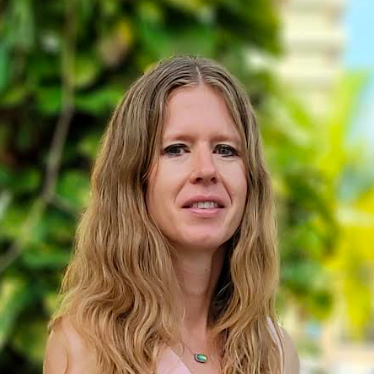
Ruscena Wiederholt is a science writer based in South Florida with a background in biology and ecology. She regularly writes pieces on climate change, sustainability and the environment. When not glued to her laptop, she likes traveling, dancing and doing anything outdoors.



